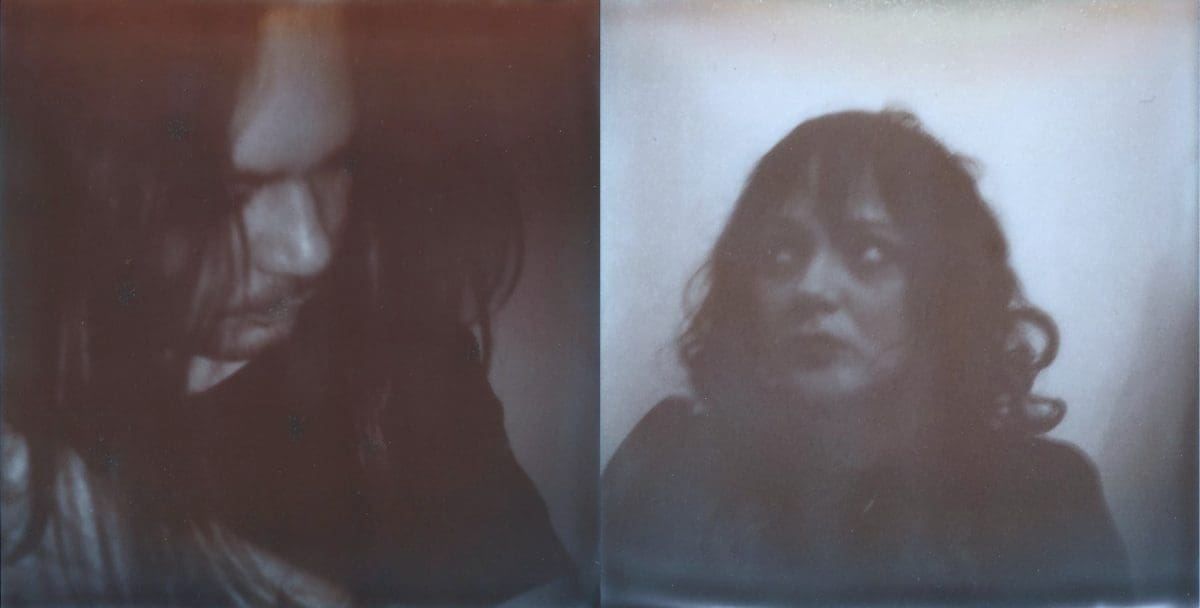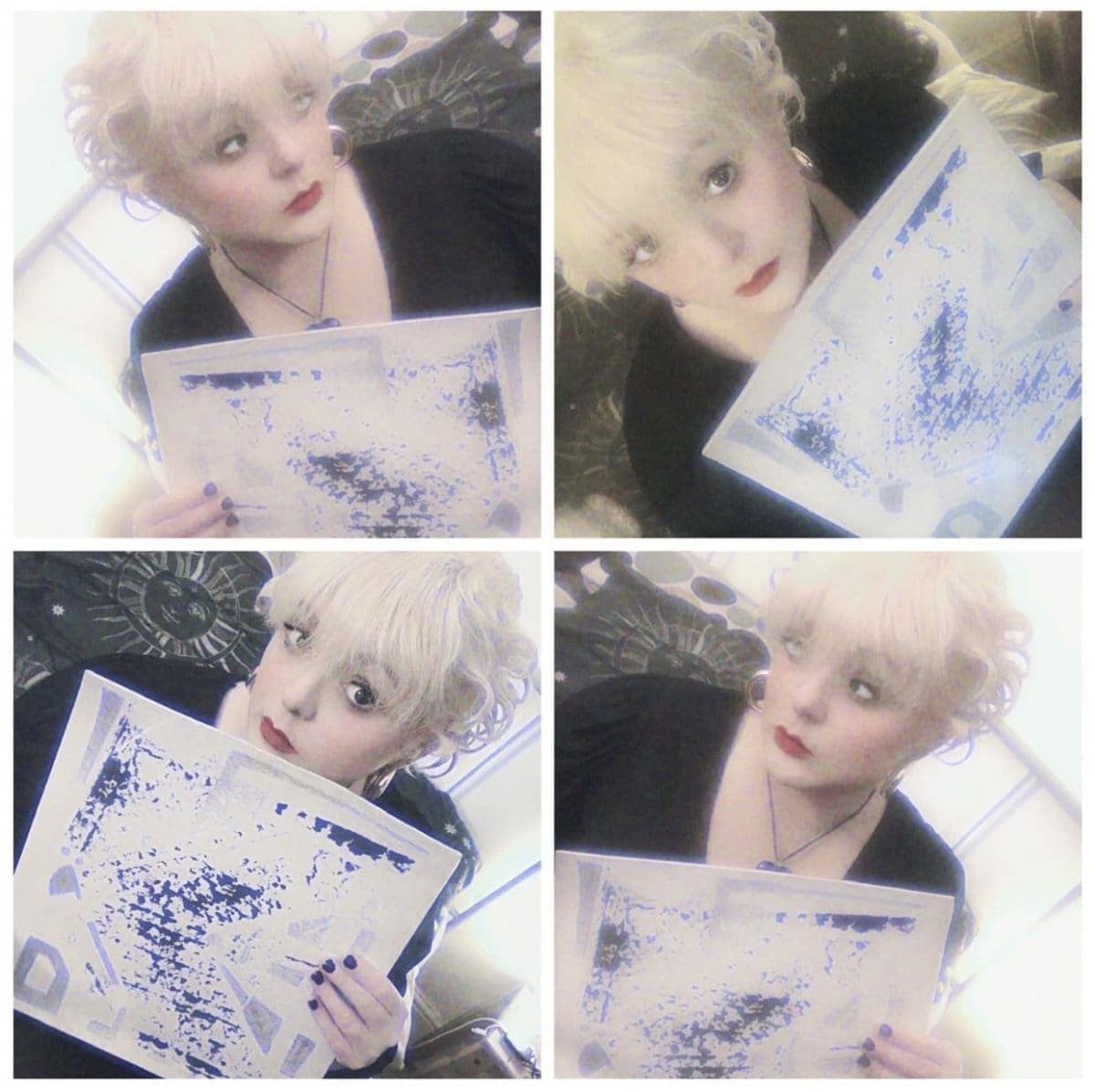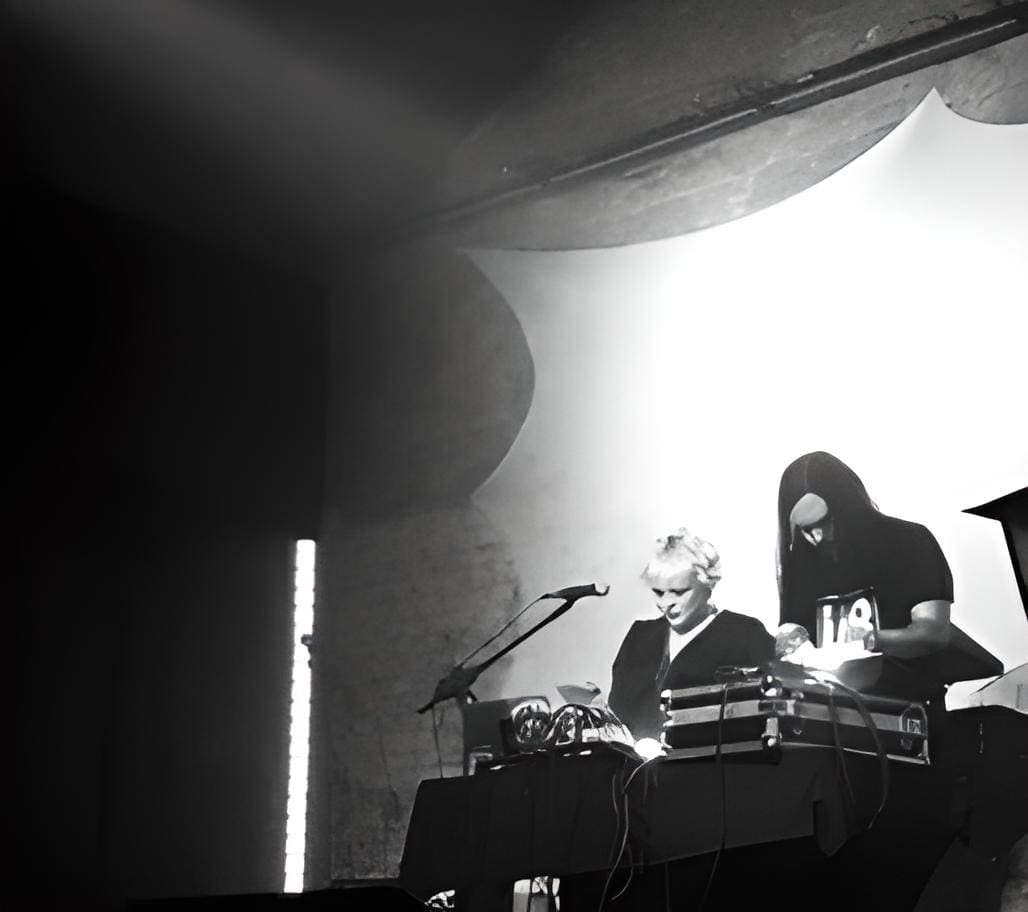Exclusive interview with Hanging Freud about their new minimal synth album, out now via Spleen+
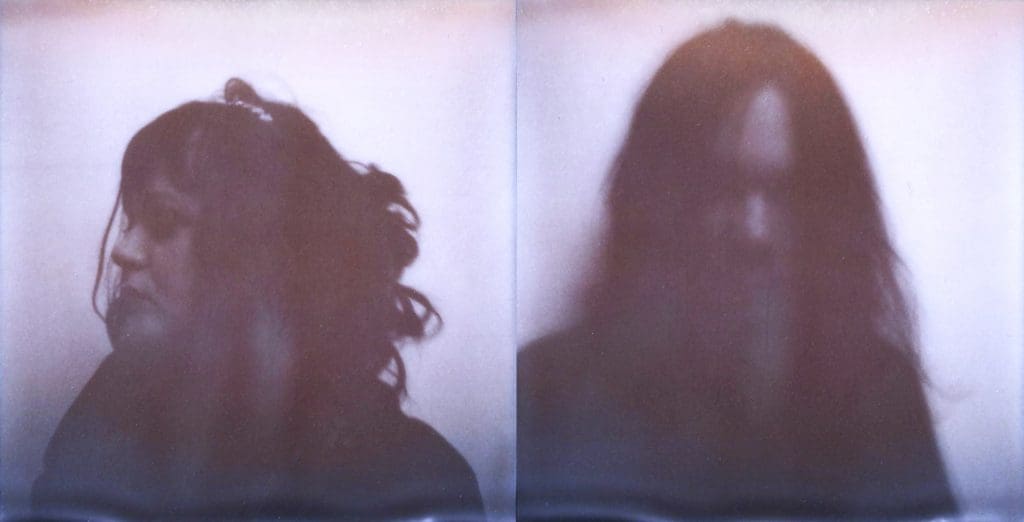

Exclusive Interview with Hanging Freud
Female fronted Glasgow-based duo Hanging Freud just released their 7th studio album “Worship” on the Belgian Spleen+ record label. The enigmatic duo continue refining their unique sound identity, often evoking influences and elements of post punk, ethereal, synthgaze, cold wave, ambient pop or yet experimental electronica. It was therefore the right time for us to know a bit more about this enigmatic duet, do we had a nice chat with the two musicians behind Hanging Freud, Paula and Jonathan.
The album is available in various formats via Bandcamp and via the Spleen+ webstore.
SL. “Worship” is described as your most personal and emotive album. How do you navigate blending post-punk, ethereal, synthgaze, cold wave, ambient pop, and experimental electronica to create your distinct musical style?
Paula – I think we both listen to so such a wide variety of music this just comes naturally. We don’t limit our ideas. Personally, I never really understood genres, and perhaps this attitude is translated into the music. Having said that, I find it fascinating to hear all the different genres people can classify our work as. If we like certain ideas, we’ll use them, I don’t think we’ll ever want to confine ourselves to this or that thing.
Jonathan – I don’t think there is a conscious effort to make something with a style in mind. We just like many things you find in music and try and come up with something that cuts through emotionally and anything that might make you think is this or that is just a means to an end in conveying what we really want to say.
SL. How do you use the cinematic elements of your music to evoke specific emotions and create an ethereal cocoon for your listeners?
Paula – I like the idea of cinematic, there’s something romantic about it. I think perhaps the layering of sounds and the structure of the songs can convey that. I believe the task of the artist is to evoke emotions, but I’d be lying if I said there’s a lot of rational thought behind it, it’s more instinctive than that. Those are just the emotions we feel, and the music finds a way to express them.
Jonathan – Its nice that it’s seen as cinematic, its not something that we intend to do but if its seen that way its probably from the emotion of the song from when its first recorded as a demo.
SL. This Hanging Freud album was recorded and mixed 100% digitally, in somewhat challenging circumstances during the pandemic lockdown. How did this digital approach influence the creative process, and what challenges and advantages did it present?
Paula – I started writing these songs as soon as the lockdown was announced, in a land where I knew literally no one, in temporary accommodation, which at the time I was intending to visit for a short period. We didn’t have our studio, our instruments. We had a midi keyboard, a microphone and somehow managed to get hold of speakers on the last day stores were allowed to open. We didn’t even have a table. There were mice in the flat, in between the walls scracthing and making these terrible sounds, and the sounds of ambulances were constant from the hospital nearby. This was a completely new situation, and no one had any idea what would happen. We felt like there was nothing else to do but to work on music, but it was incredibly challenging given the circumstances. On the other hand, I believe limited resources can force people to look for creative solutions, which we did. For instance, the drum pattern in “This Day” comes from accidentally recording them with the microphone. We liked how this sounded, so we kept it that way.
Jonathan – It definitely made it more streamlined and straightforward. Everything was done using a minimal amount of tracks, tweaking some stuff or even using presets that we liked. Some of the synth work was recorded then moused and automated, other bits were recorded with midi manipulations. Drum patterns were written in and sourced from samples. It took us a couple of weeks to write. We were forced to work within the unlimited nature of a DAW but felt like we managed to use everything we had to without getting lost in it.
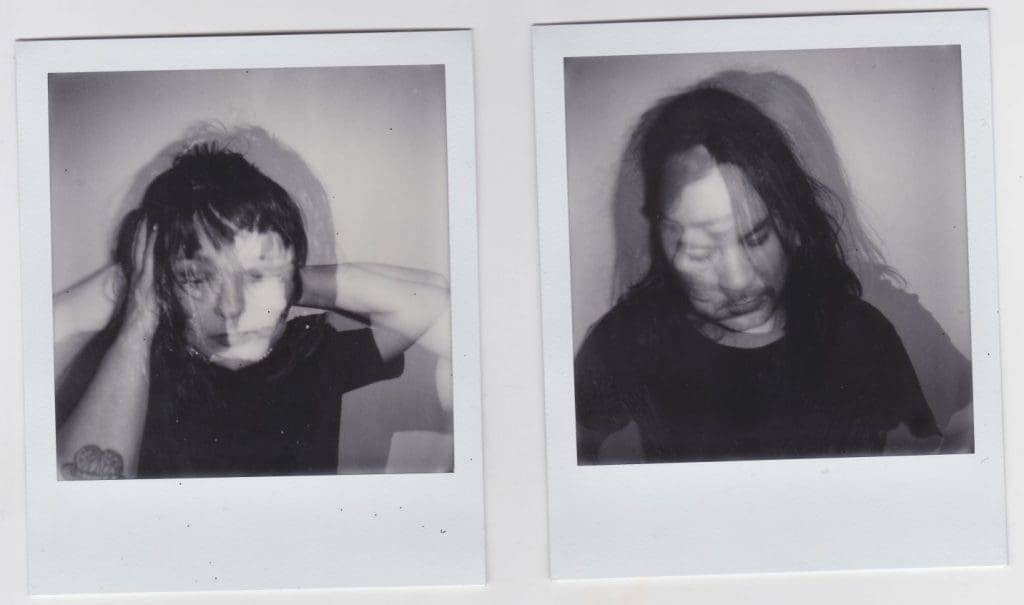

SL. Given the specific circumstances of the pandemic lockdown and the claustrophobic environment you mentioned, how did this unconventional setting impact the themes and emotions explored in the album’s lyrics and overall concept?
Paula – There was a lot of personal tragedy and change at the time, but the start of a worldwide pandemic amplified everything and made people have to confront many things about themselves, life and death, uncertainty and hope, the world we live in, our own lives. We were not immune to this and these reflections are obviously there. Having to go through this in a completely unknown place, away from family, friends and everyone we knew gave us a very unique perspective on the whole thing.
Jonathan – Working on that record was a form of escapism for me, even uncomfortably slouched on the side of a bed working on a bedside chest of drawers. There’s no anger on this record which is probably indicative of the state both of us were in at the time.
SL. With multicultural backgrounds from Sao Paulo and London, how do your diverse roots influence the storytelling and sonic elements in your music? Are there specific cultural nuances that find expression in your sound?
Paula – I think so. It wasn’t until recently that I realised that I was creating some more “unconventional” rhythms and drums due to my upbringing surrounded by Brazilian music, which is so rich and varied, even though I grew up playing rock music, mostly.
Jonathan – London doesn’t have a hold over me now but its association to music was relevant to me when I was growing up in the 90s. I liked alternative music but at the same time listened to a lot of electronic music. I was well into ambient music, techno, jungle, hip hop and other instrumental music and all this was going strong and highly accessible in London at the time. Some of that has probably left an impression on me and what I try and contribute when we work together.
SL. The Hanging Freud album is being released as a limited vinyl edition in two different colors and includes the “Anomalies” bonus EP. How does the physical format enhance the listener’s experience, and what can fans expect from the bonus EP?
Paula – The physical releases are so beautiful. I’ve always enjoyed holding a record and looking at the artwork while listening to it, I’ve always liked having the records and listening to albums from start to finish. I think a lot of people feel this way, and a lot of very young people are learning the joys of listening to records too. The bonus EP is very interesting, because those are experimental exercises of when we first went fully electronic. I used to write songs on guitar, and working with electronic music was new to me at the time, while Jonathan was very experienced in it, so it’s a very interesting way to see how I approached songwriting then. It’s a rare one.
Jonathan – Its always good to have a physical presentation of someones work. The bonus EP of Anomalies was a turning point for us where we understood better what we wanted to do with this project in the future.
Since you’re here …
… we have a small favour to ask. More people are reading Side-Line Magazine than ever but advertising revenues across the media are falling fast. Unlike many news organisations, we haven’t put up a paywall – we want to keep our journalism as open as we can - and we refuse to add annoying advertising. So you can see why we need to ask for your help.
Side-Line’s independent journalism takes a lot of time, money and hard work to produce. But we do it because we want to push the artists we like and who are equally fighting to survive.
If everyone who reads our reporting, who likes it, helps fund it, our future would be much more secure. For as little as 5 US$, you can support Side-Line Magazine – and it only takes a minute. Thank you.
The donations are safely powered by Paypal.

